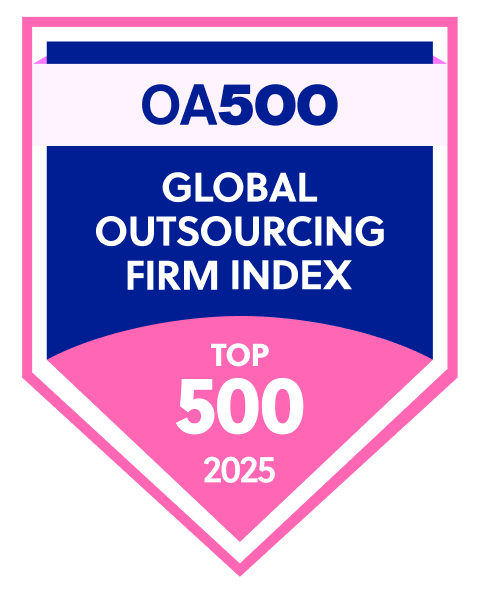Turn raw data into reliable assets
Sourcefit provides data processing outsourcing services that convert raw information into accurate, usable outputs. From routine entry and validation to large-scale digitization and migration, our specialists deliver efficiency, accuracy, and scalability without the cost burden of in-house teams.
Please contact us for a free consultation


From raw data to reliable insights
Sourcefit provides data processing outsourcing services that support both everyday tasks and enterprise-scale projects. From entry and validation to data migration and compliance-driven workflows, our teams adapt to your systems and requirements to deliver consistent, business-ready outputs.
By outsourcing data processing, companies reduce overhead, improve turnaround times, and gain flexible support that scales with seasonal or project-based demand. With Sourcefit, data becomes a reliable asset that supports smarter decision-making.




Reliable and transparent data processing services
We build dedicated data teams with structured onboarding, QA processes, and ongoing account oversight tied to measurable accuracy levels. Client success managers and responsive account teams keep engagements aligned and transparent.
Our secure facilities, confidentiality protocols, and enterprise-grade compliance standards safeguard sensitive information. With more than 15 years of outsourcing expertise and delivery hubs in five countries, Sourcefit provides data processing outsourcing that is accurate, scalable, and trusted worldwide.
Built on a foundation of trust
Data processing services we provide

Scanning and indexing
Digitize physical documents with speed and precision, making information accessible and searchable.

Resume and CV data processing
Extract and structure candidate data for recruiting and HR management systems.

Invoice and financial document processing
Process invoices, receipts, and financial records to improve reporting and accounts payable.

Direct data entry
Trained specialists handle manual entry when automation isn’t suitable, ensuring maximum accuracy.

Web data collection and processing
Gather and structure information from online sources for research and business intelligence.

Database cleanup and migration
Standardize formats, remove duplicates, and migrate data securely between systems.
Recipient of Gold Stevie®
Award for HR Innovation

Recognized for excellence



Why companies outsource data processing to sourcefit
Proven experience across data types
We manage structured and unstructured data — from forms and invoices to records and product catalogs — enhanced by AI-enabled workflows.
Scalable processing support
Our delivery hubs provide round-the-clock coverage and adapt quickly to spikes in demand.
Transparent and cost-effective outsourcing
Our cost-plus billing saves up to 70% compared to in-house costs, with no hidden fees or lock-ins.
AI-driven accuracy
AI tools support validation, error reduction, and faster turnaround across data projects.
Secure and compliant operations
Enterprise-grade infrastructure, confidentiality measures, and compliance protocols protect sensitive data end-to-end.
Data processing outsourcing pricing
Position requirement
-
Entry level
-
Mid level
-
Expert level
Outsourcing
*monthly
- $980
- $1,200
- $1,500
Transparent pricing for data processing outsourcing with no hidden fees or surprise charges. Clear rates based on your requirements and project scope.
FAQs
-
What types of data formats can you process?
We handle physical documents, digital files, databases, web data, handwritten forms, printed materials, and legacy system data with conversion to any required output format.
-
Can you handle confidential or sensitive data processing?
Yes, we maintain strict security protocols including NDAs, secure facilities, data encryption, and compliance procedures for industries like healthcare and finance.
-
What’s the typical turnaround time for data processing projects?
Timeline depends on project complexity and volume, but we provide realistic estimates during consultation and maintain regular progress updates throughout the project.
-
Do you provide data in specific formats required by our systems?
We deliver processed data in whatever format works for your business, including Excel, CSV, XML, database formats, or integration directly into your existing systems.















































